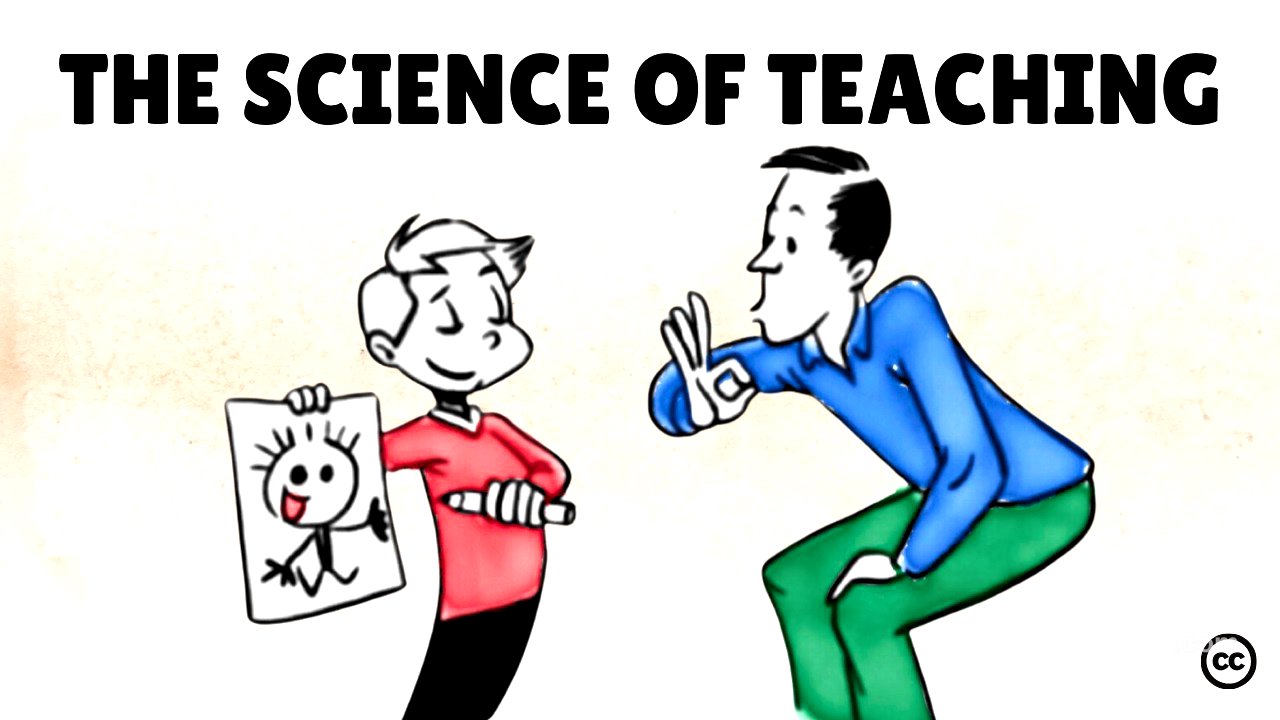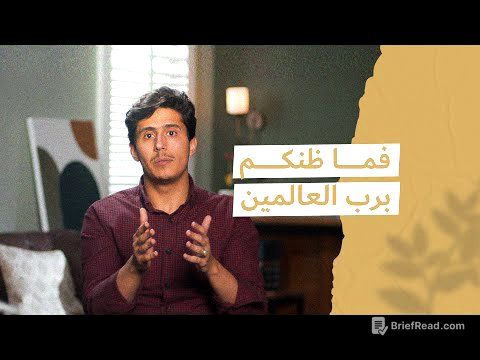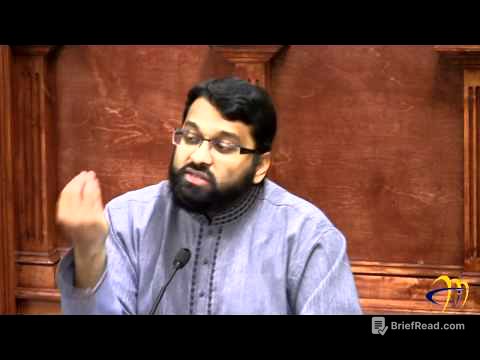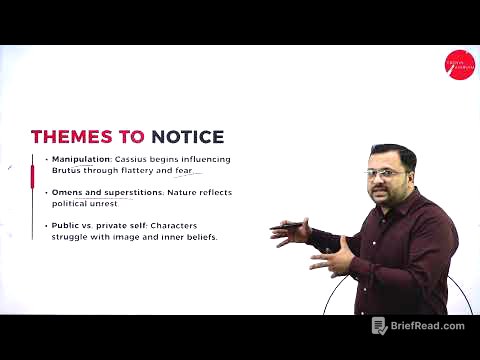TLDR;
This video explores the key elements of effective teaching, drawing on research from leading economists and educators. It highlights the importance of skilled teachers who not only possess deep subject knowledge but also understand pedagogy and psychology. The video emphasises practical training, continuous feedback, and specific methods employed by great teachers, as well as the significant role of school leadership. Ultimately, it demonstrates the profound impact that effective teachers have on students' academic success and long-term life outcomes.
- Effective teaching is a complex skill that requires deep subject knowledge, pedagogical understanding, and management skills.
- Practical training, continuous feedback, and specific methods are crucial for developing great teachers.
- School leadership plays a significant role in supporting and developing teachers.
- Effective teachers have a profound impact on students' academic success and long-term life outcomes.
Introduction: The Essence of Effective Learning [0:00]
The video opens by questioning what we truly know about effective learning, referencing a quote attributed to Benjamin Franklin: "Tell me and I forget. Teach me and I remember. Involve me and I learn." It then introduces the idea that research from economists and educators at leading universities suggests that the key to thriving students lies in amazing teachers, rather than factors like classroom size or technology.
Qualities of Master Instructors [0:39]
Teaching is presented as a highly complex skill that demands a deep understanding of the subject matter and the ability to explain complex issues simply. It also requires an understanding of psychology, pedagogy, and management skills. Professor Rob Coe's research indicates that some common methods, such as grouping students by ability or giving unearned praise, are ineffective. Instead, master instructors have high expectations, maximise lesson time, and combine high-quality instruction with pedagogical content knowledge, teaching students how to learn for themselves.
Training and Development of Teachers [1:40]
The video argues that teachers should be trained like brain surgeons, with a focus on practical, field-based training where they receive professional feedback. Effective schools of education train teaching as a craft rather than an abstract science. Regular professional feedback is crucial for teachers already in the classroom. A study by Roland Fryer found that teachers improve most when they receive precise instructions and regular feedback from a lead teacher. Other methods for improvement include student feedback and video recordings of lessons.
Methods Used by Great Teachers [2:44]
Doug Lemov, founder of UnCommon Schools, has identified several methods used by great teachers. These include greeting each student at the door to make them feel welcomed, using a strong voice to gain attention, and teaching for mastery learning to ensure students fully understand concepts before moving on. Most importantly, great teachers excite their students and maintain their attention through storytelling and engaging activities.
The Role of School Leadership [3:24]
A Stanford paper from 2009 highlights the significant impact of leadership. In low-performing schools, principals spend most of their time on administrative tasks, while in schools with better students, principals are actively involved in classrooms, supervising and developing teachers. This collaborative approach can significantly improve students' lives.
The Long-Term Impact of Effective Teachers [3:56]
Economist Raj Chetty's analysis of data from millions of US students suggests that teachers who are good at teaching to the test have a significant impact, raising students' test scores and lifetime income. Great kindergarten teachers also help develop social skills, discipline, and character, which re-emerge years later in their students' careers. Eric Hanushek's research indicates that top teachers can help students learn 50% more each year than average instructors, while poorly trained teachers achieve only half the average. This disparity can result in a massive difference in learning outcomes over a decade, disproportionately affecting children from low-income families.
Conclusion: The Art of Teaching [5:24]
The video concludes with a quote from Gail Godwin, stating that "good teaching is one-fourth preparation and three-fourths pure theatre." It encourages viewers to watch examples of great teachers in action, such as Michael Sandel from Harvard and Robert Sapolsky from Stanford, and invites viewers to share their favourite teachers in the comments.









